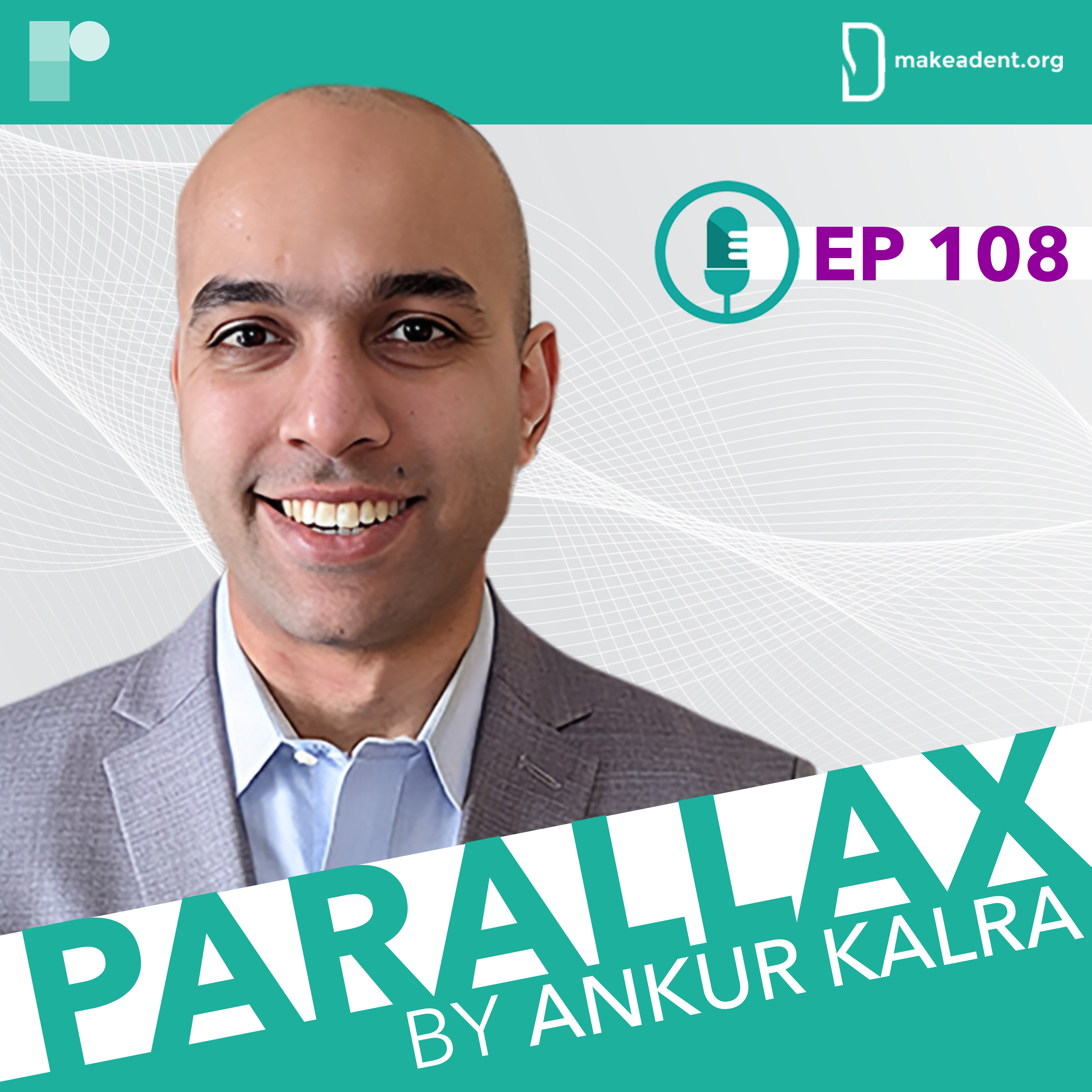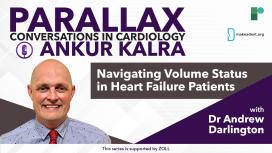
In this week's Parallax episode, Dr Ankur Kalra welcomes Dr Haider Warraich, a cardiologist at Brigham and Women's Hospital. Dr Warraich is not only a Senior Advisor for Chronic Disease to the FDA Commissioner but also a prolific author, having written three books, including "Song of Our Scars: The Untold Story of Pain." He is a regular contributor to publications like the New York Times and the Washington Post.
During the conversation, we learn more about Dr Warraich's journey into medicine and his current role at the FDA, along with his passion for writing. Dr Kalra asks about how Dr Warraich manages his busy schedule and what it takes to write a book.
Dr Warraich openly shares his personal experience grappling with chronic pain, a pivotal event that not only influenced his career trajectory but also inspired his book "Song of Our Scars." Moreover, he discusses his role as a Senior Advisor to Dr Robert M Califf, offering insights into his day-to-day responsibilities within the FDA. The conversation also touches upon the agency's perspective on emerging technologies like artificial intelligence (AI).
How does writing complement Dr Warraich’s work as a physician? How did he become a senior advisor to Dr Robert M Califf at the FDA? What is his message to our listeners?
Questions and comments can be sent to “podcast@radcliffe-group.com” and may be answered by Ankur in the next episode.
Guest: @haiderwarraich Host: @AnkurKalraMD and produced by: @RadcliffeCARDIO

Together, Dr Kalra and Dr Darlington delve into the significance of assessing volume status in patients with heart failure, highlighting its continued relevance in 2024, including the availability of new diagnostic tools, including the Heart Failure Management System (HFMS).
This series is supported by ZOLL and is intended for Health Care Professionals.


Parallax’s guest this week is Dr Eric David Adler, Medical director of heart transplant and mechanical circulatory support at UC San Diego Health.

How did Dr Gragossian receive her diagnosis? How does she feel about her new reality? What drives her? What is her message to our listeners?

Just after 9/11, Heval, the 18-year-old Syrian Kurdish refugee found a job as a dishwasher. At this point, he was the sole provider of his family. The pressure that comes from being poor did not leave him for many years. Today, he is firm believer in giving back to underserved communities by spreading awareness within the medical community. As he says, well-meaning people of privilege are sometimes afraid to act. What we need is more people to bridge the gap and find ways to help each other.

What drives Dr Nishtha Sodhi? What were the formative moments of Dr Sodhi’s career? What are the new frontiers of cardiology?






